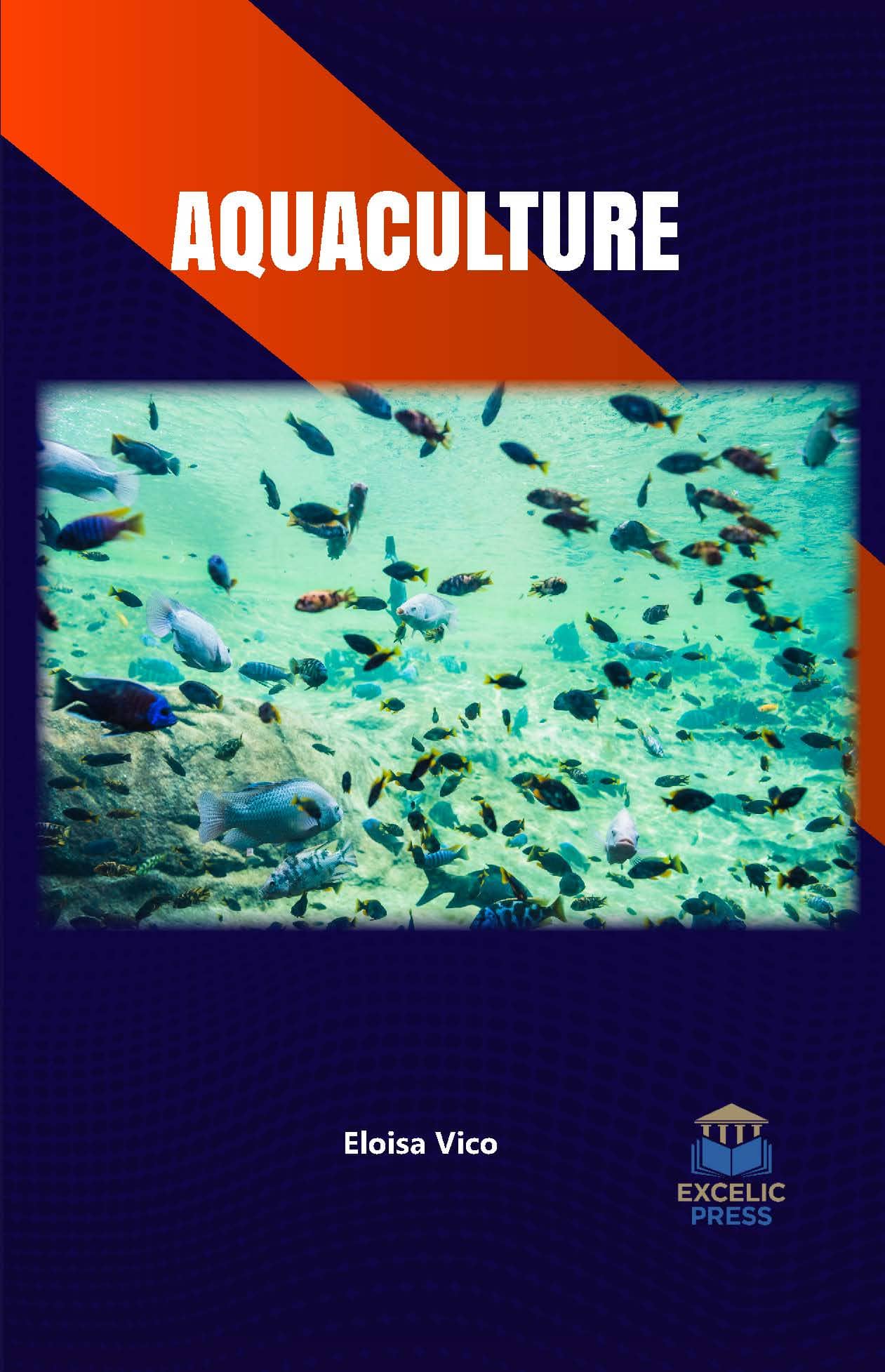Sustainable capture fishers and aquaculture plays a critical role in food and nutrition security and in providing for the livelihoods of millions of people. Aquaculture accounts for a growing share of global aquatic food production. The term aquaculture covers all forms of farming of aquatic animals and plants in freshwater, brackish water and saltwater. Aquaculture has the same objective as agriculture – the controlled production of food to improve the supply for our consumption. In the case of aquaculture, the products are aquatic animals and plants that grow in the water.
Even in small quantities, fish can have a positive effect on the overall health and nutrition of humans. Fish is an important source of nutrients such as vitamins A, B, and D, calcium, iron, and iodine. Fish also provides vital amino acids that are often lacking in staple foods such as rice or cassava. It is, therefore, vital to the food security of many of the world’s poor, especially in coastal areas and small island developing States. Through aquaculture, we can produce protein and nutrient-rich food throughout the year.
At the end of the module, participants will:
• Be aware of the various types of aquaculture;
• Value aquaculture as a means of livelihood diversification and as a business opportunity;
• Understand the importance of careful planning.
The purpose of the module is to provide guidance, doing available different exercises that facilitators can use as applicable, and adapt as necessary to the specific socio-economic and cultural contexts and needs of each target group and country in which the module will be used.













